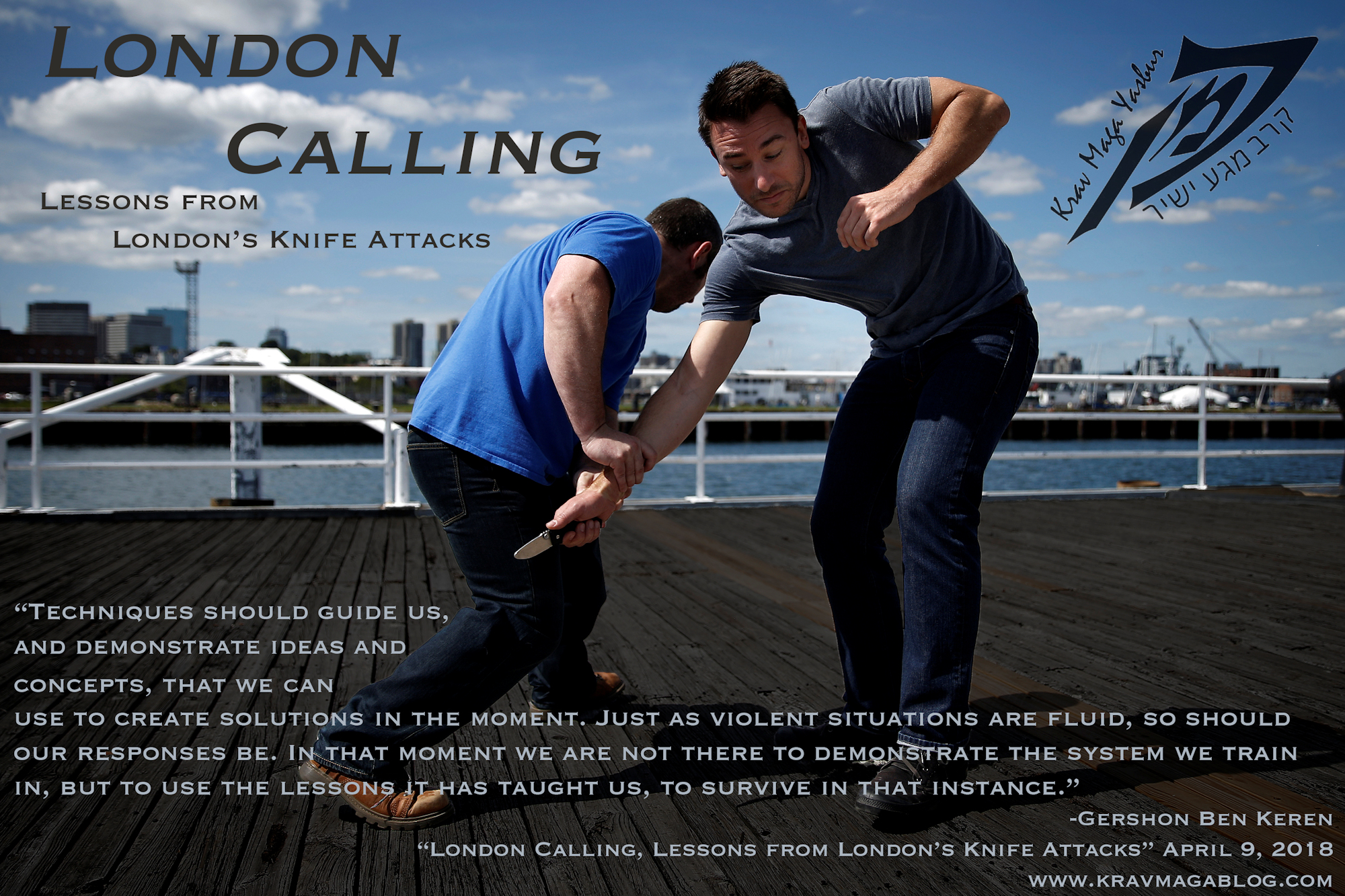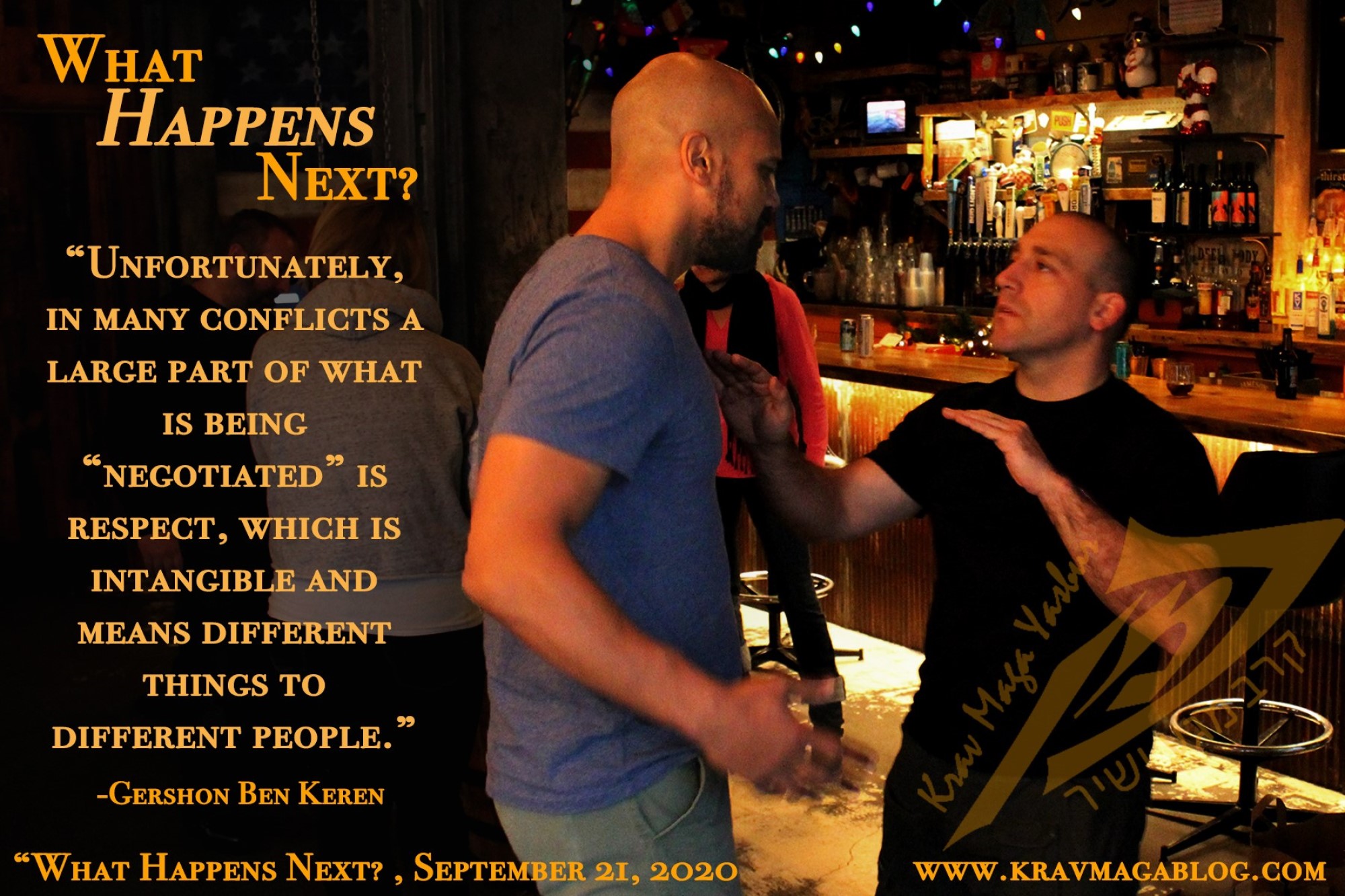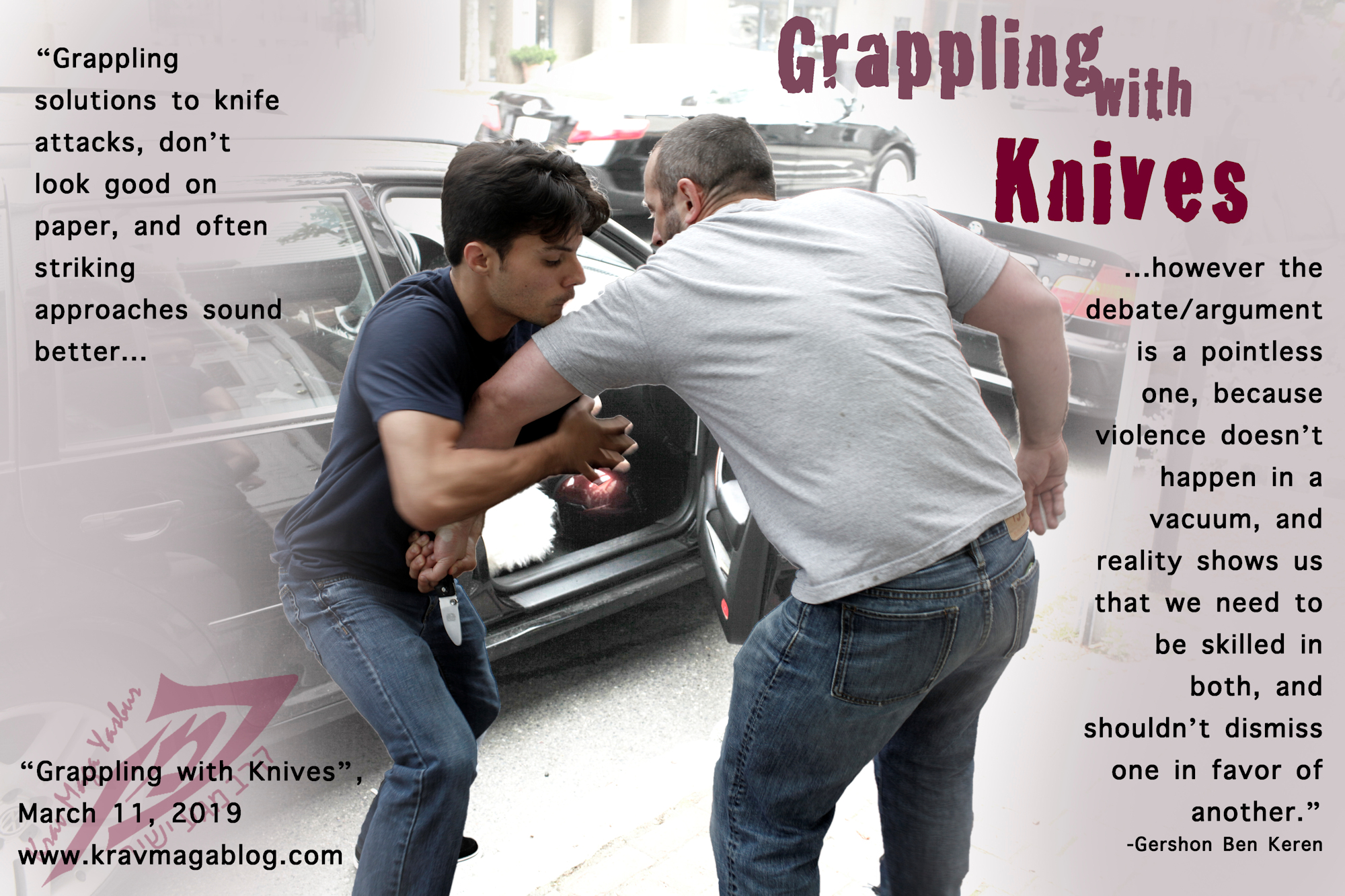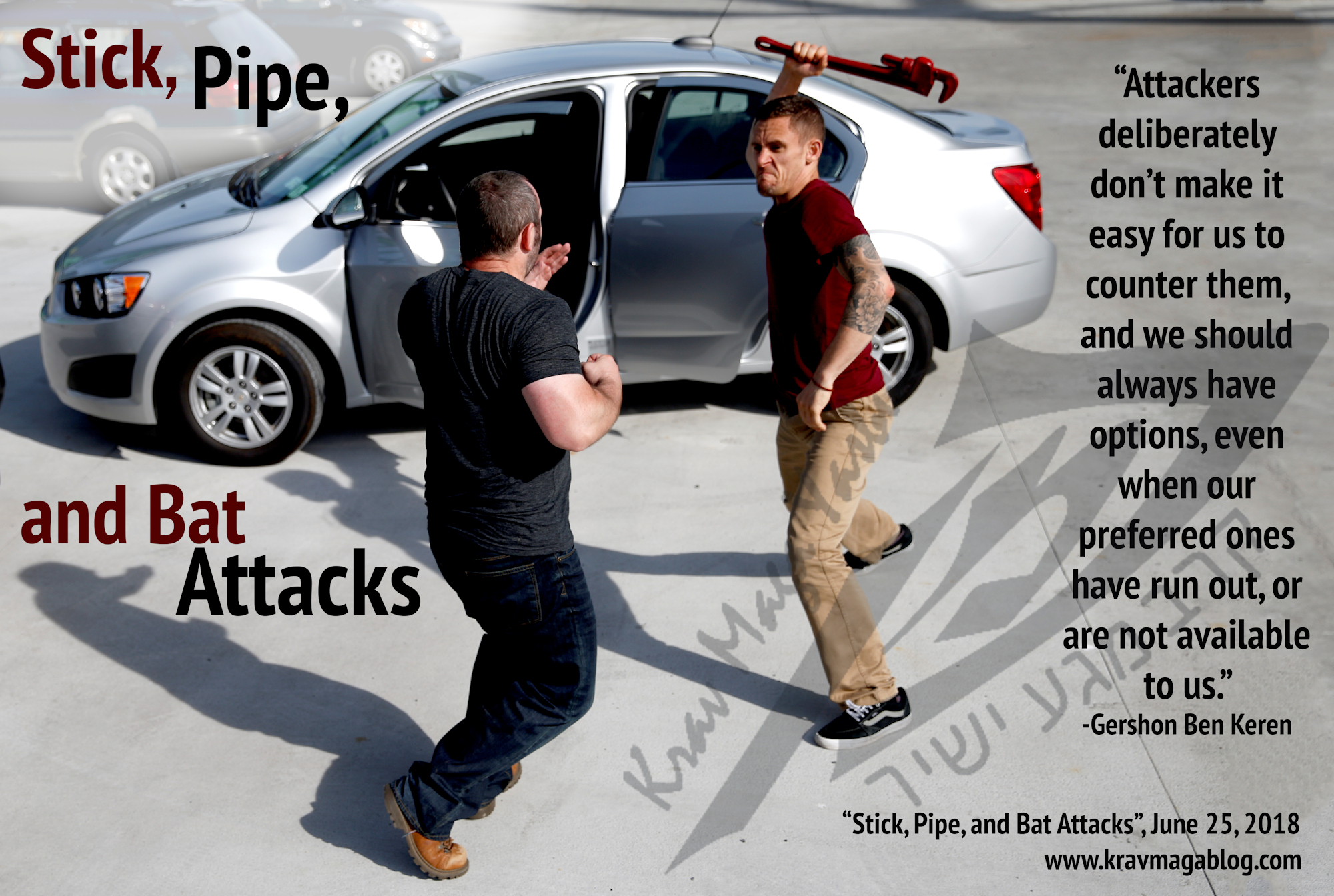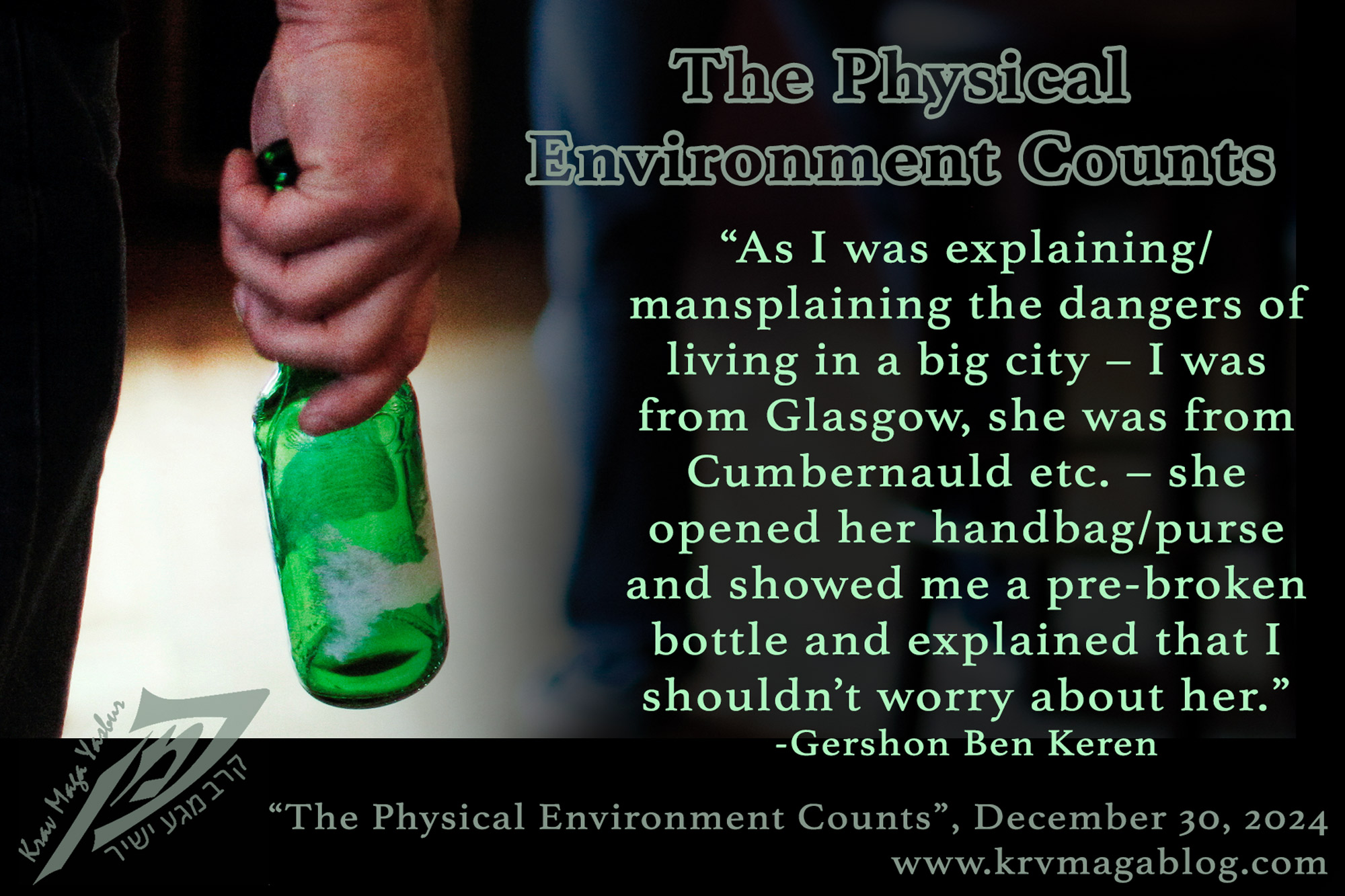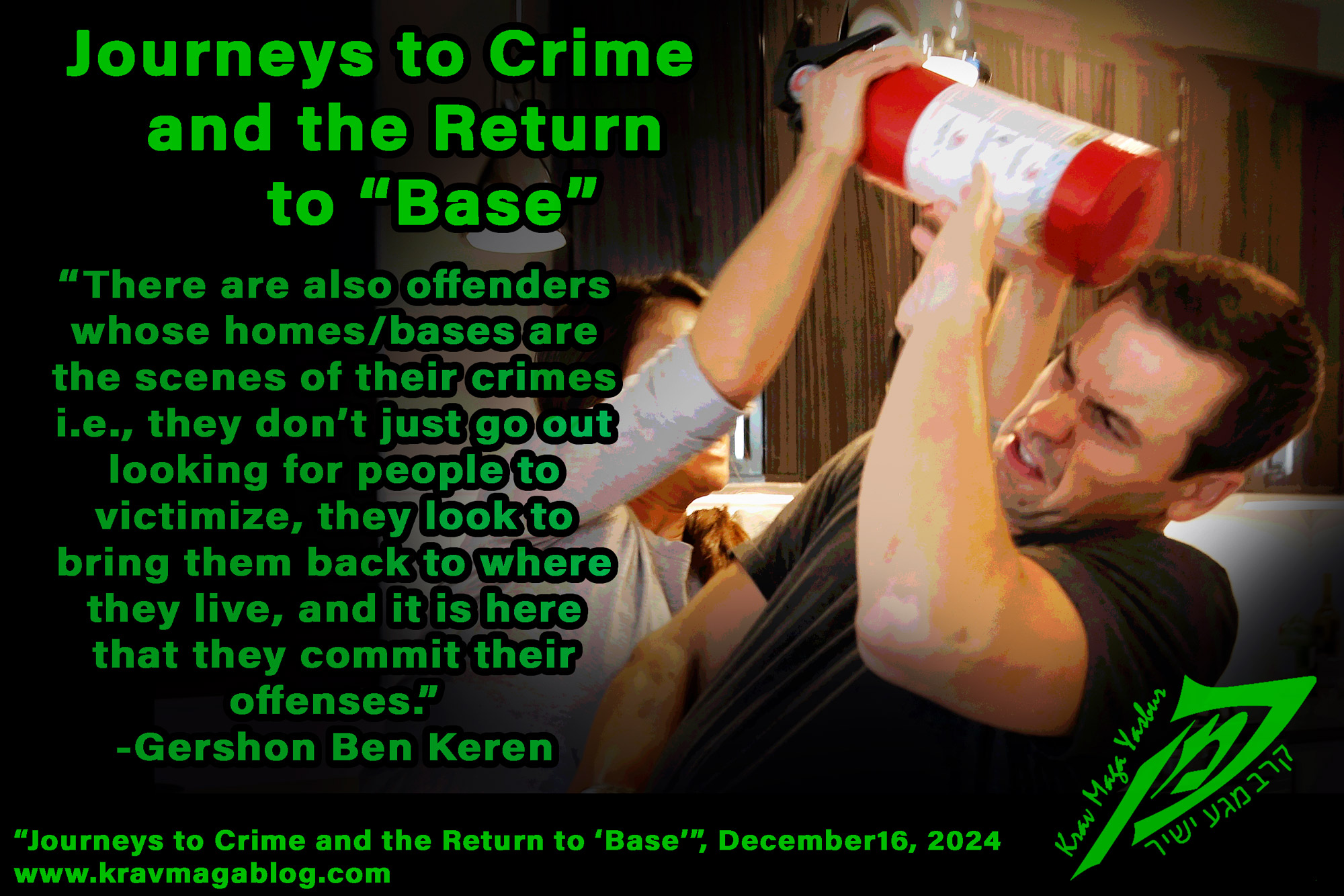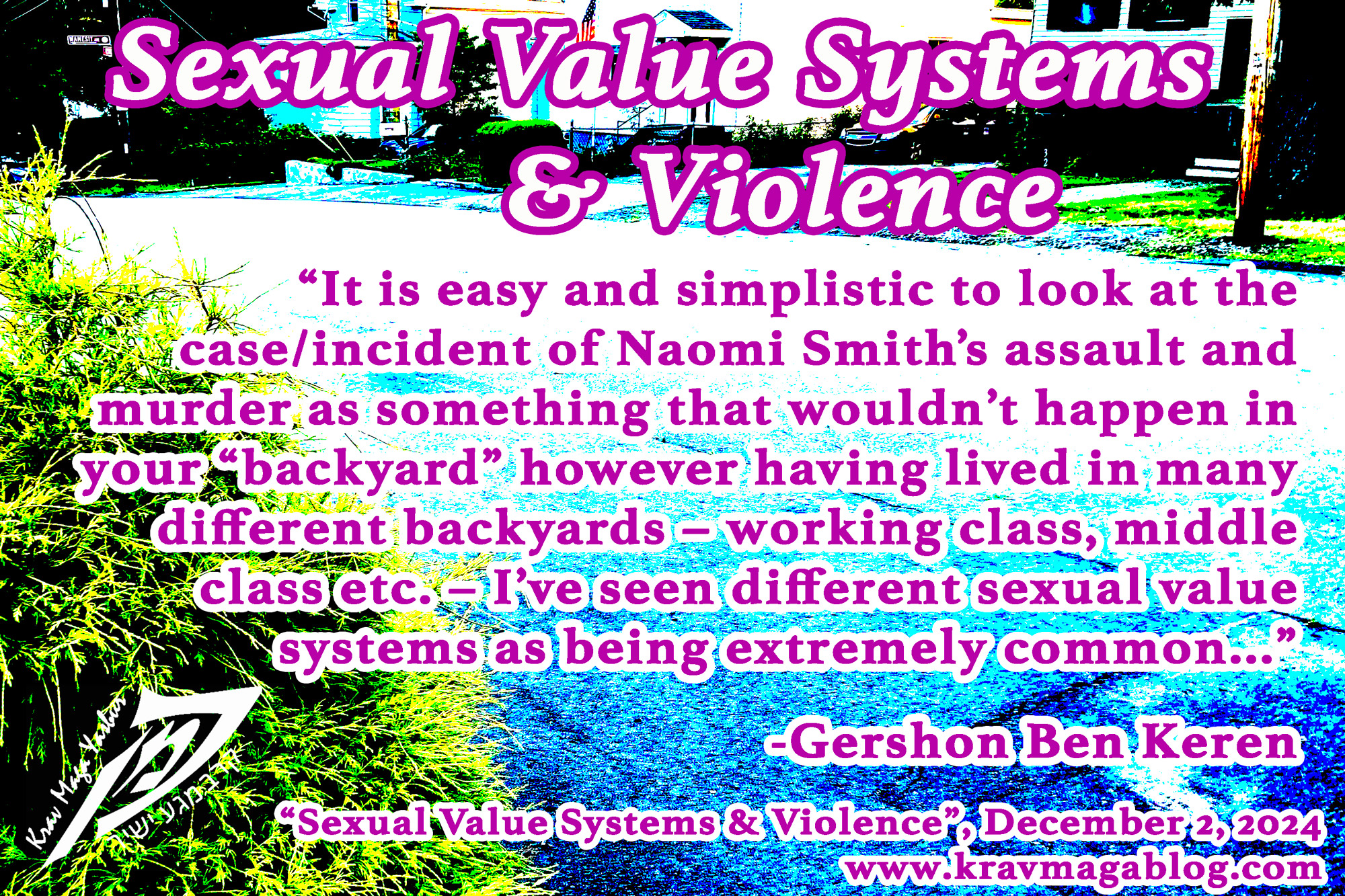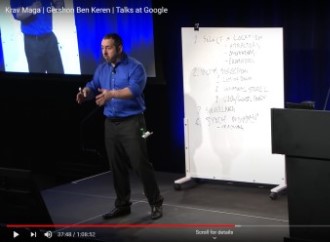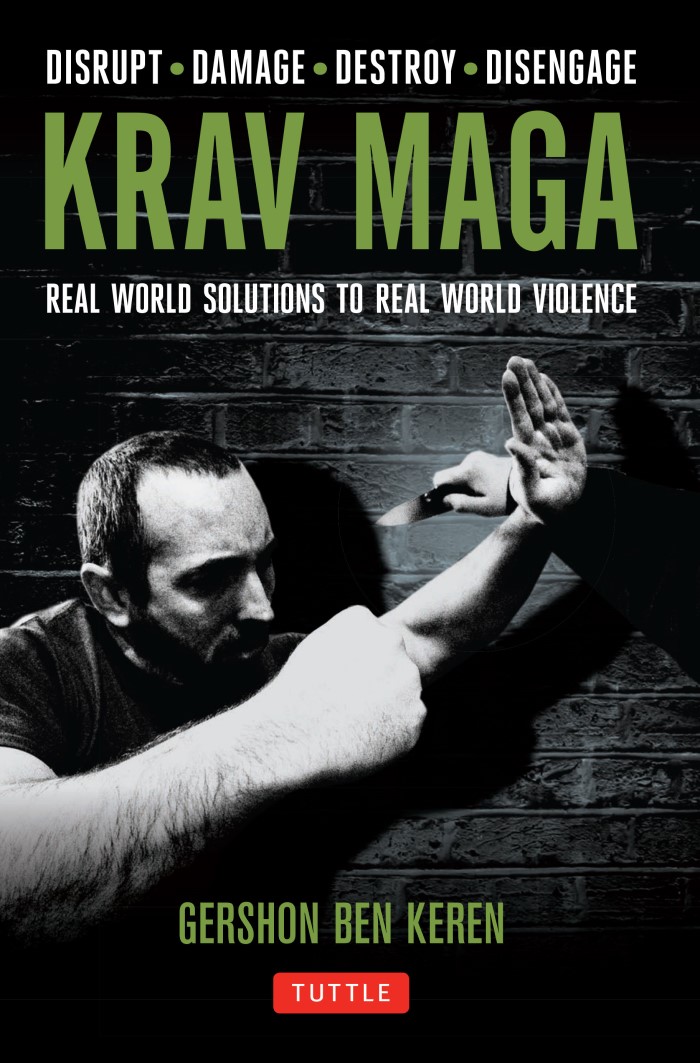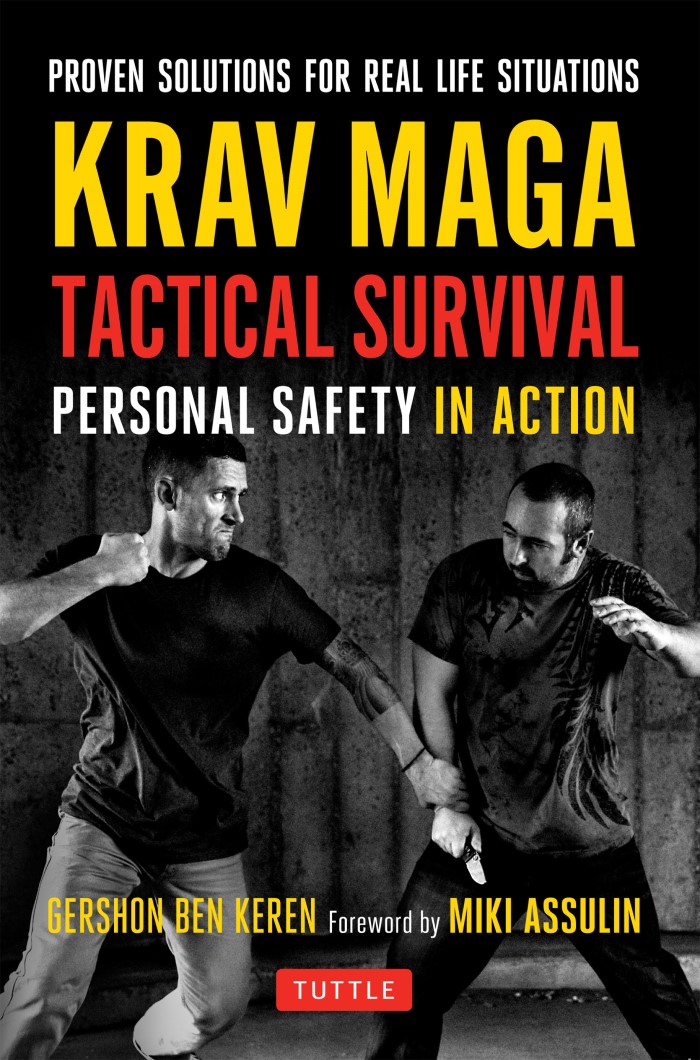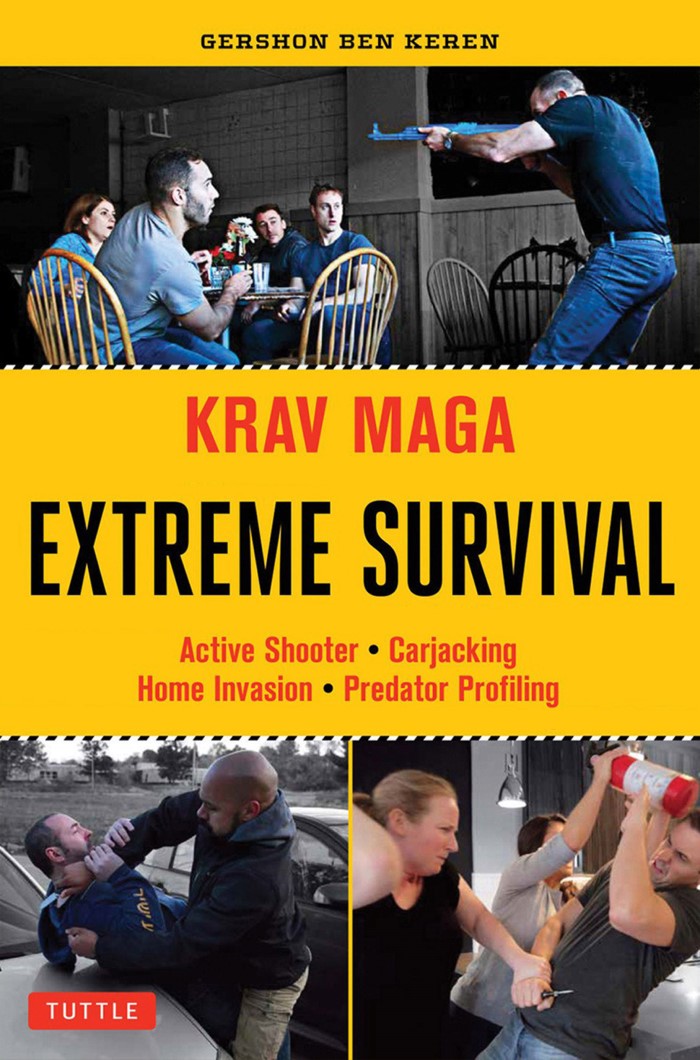Why People Become Violent (Part 2), is an article written by Gershon Ben Keren, a 5th Degree Black Belt in Krav Maga, who teaches Krav Maga in Boston, MA. He has also authored three Amazon best-Selling Books on Krav Maga.
In last week’s Blog Post, I talked about some of the reasons why people become violent. When a person see’s or believes there is no alternative to achieving their “goal”, which in many cases is undefined, they will often turn to violence as a solution – the lack of a definable goal may in itself may lead them to become violent, as being not sure what it is they are looking to achieve, they use violence as a an insurance policy to make sure whatever goal it is, is covered e.g. a person who has a drink spilt over them in a bar, may not actually understand what assaulting the person responsible will achieve but they do know, certain things will be accomplished, such as punishing the person, re-asserting their social position/dominance etc. If they have found that violence has “worked” for them before, or seen examples of it working for us (such as growing up in a violent neighborhood etc) they are more likely to have violence as a solution on their list of possible responses to certain situations.
People will also become violent, not just when angry (when there is a perceived sense of justification to get physical) but also because of fear. Physiologically and emotionally anger and fear are basically the same thing – both involve becoming adrenalized with the preparation to act physically: either to run, attack or defend. The only thing that differs is a person’s interpretation of their state. If they are angry they see themselves as playing an “attacking” role, if afraid, a “defending” one. Even a cornered rabbit will attack it’s aggressor if it sees no way to disengage and escape, and nervous/fearful dogs are far more likely to snap and bite, than confident more reassured ones. Being fearful/afraid doesn’t lessen a person’s instinct to attack, rather it heightens it. If a person who is afraid sees no alternative to solving the situation except through violent means they will initiate the assault. It doesn’t matter whether a person is angry or afraid, a lack of alternative means to resolving a situation, will cause them to become violent.
Pain and discomfort also increase a person’s propensity to use violent means. Numerous studies have demonstrated this, including ones where it was found that on hot days, people with no air-conditioning in their cars, were far more likely to use their horn and shout at other drivers, than those who could control the temperature of their environment. Crowded clubs, bars and sports matches often involve people bumping and knocking into others. If someone has their foot stepped on in such a situation or finds themselves being elbowed in the ribs etc, their “bite-reflex” may well be triggered.
Dogs have a bite-reflex that can’t be untrained. If a dogs tail gets caught in a door it will snap out at whatever person or animal is nearest (it’s a preservation instinct). Dog Owner’s should train their pets, when puppies, what is acceptable “bite pressure” – I did this with my dog when he was young. The result is that when the dog’s jaw feel’s flesh it releases its grip, so even when its bite reflex is triggered as soon as it feels that it has a person’s arm or hand in its mouth it will release. Humans too have a “bite reflex”, where they lash out at whatever they believe is the cause of their pain and discomfort. If they haven’t been “trained” to seek alternative solutions and feel justified in the use of force, then there will be no brakes in place to stop them acting physically.
Creating space and time, not only gives you the time to prepare and plan for a potential assault, it also gives the person who is preparing or thinking about making an assault the chance to have that process interrupted either by your presentation of alternative solutions and/or by inherent braking mechanisms. There are of course those individuals who have no time or interest in finding alternative means for dealing with disputes and grievances and these should be dealt with in a fast pre-emptive manner.
0 COMMENTS
